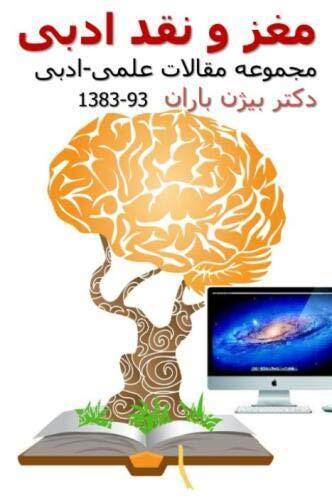
Brain and Literary Criticism
によって
Dr S Bejan Baran
まだ評価がありません
History
Poetry
Art & Photography
形式
ペーパーバック
ページ数
478
言語
ペルシャ語
公開されました
Aug 19, 2018
出版社
Createspace Independent Publishing Platform
ISBN-10
172518818X
ISBN-13
9781725188181
説明
Dr. S Bejan Baran's comprehensive compilation delves into the intricate relationship between neuroscience and literary theory. Over the span of sixty insightful articles, the author explores how our understanding of the brain influences interpretations of literature, inviting readers to consider new perspectives on familiar texts.
Drawing from a blend of psychological insights and literary analysis, the work reflects on the cognitive processes involved in reading, interpretation, and the emotional resonance of literature. Throughout the collection, Baran challenges conventional approaches to literary criticism, encouraging an interdisciplinary dialogue that bridges the gap between the sciences and humanities.
With roots in Farsi literature, this body of work not only showcases Baran's academic rigor but also offers a fresh lens through which to view the art of storytelling. As readers immerse themselves in these essays, they are presented with a thought-provoking exploration of how our brains shape the narratives we engage with and the meanings we derive from them.
Drawing from a blend of psychological insights and literary analysis, the work reflects on the cognitive processes involved in reading, interpretation, and the emotional resonance of literature. Throughout the collection, Baran challenges conventional approaches to literary criticism, encouraging an interdisciplinary dialogue that bridges the gap between the sciences and humanities.
With roots in Farsi literature, this body of work not only showcases Baran's academic rigor but also offers a fresh lens through which to view the art of storytelling. As readers immerse themselves in these essays, they are presented with a thought-provoking exploration of how our brains shape the narratives we engage with and the meanings we derive from them.